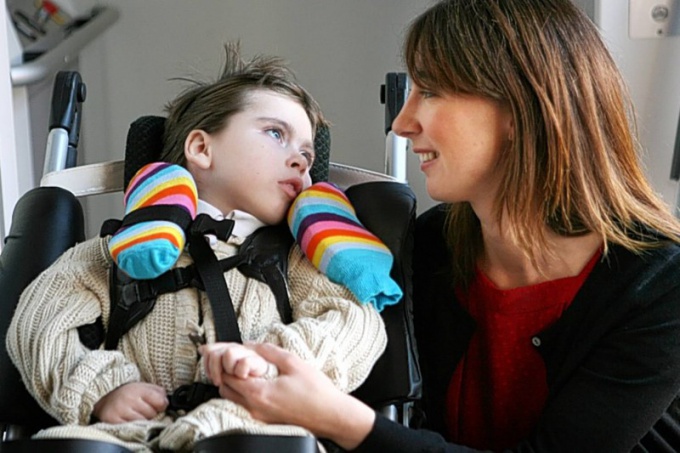Instruction
1
As a rule, during an epileptic seizure or immediately after it, the patient loses control over their behavior, leading to the creation of danger to life, as the patient and people around him. This significantly affects the quality of human life. However, the degree of social inadequacy definitely depends on the severity of the disease, as well as the clinical features of the attack. Made to provide heavy and light attacks. The first is characterized by Grand Mal, psychomotor States, during which a person is able to cause significant damage to their health. Light attacks are limited to simple short seizures.
2
If necessary, registration of disability for epilepsy should visit the doctor - a neurologist at the place of residence, which on the basis of medical evidence will direct the patient to the medico-social examination (MSE). If for any reason the doctor refused to send patient to the ITU, the direction can apply to the management of social protection of the population by place of residence.
3
The main criteria for passing mediko-social examination is progressive course of epileptic process is associated with mental disorders and personality change, and inability to work. In the list of mandatory medical examinations when applying for disability for epilepsy includes the General analysis of blood and urine, a panoramic x-ray of skull in two projections, studies of the ocular fundus and visual field, Echo-EG, electroencephalography and computed tomography of the brain. Also on hand should have help with the conclusion of the psychologist.
4
In the evaluation of personality changes mediko-social examination, of course, takes into account two criteria – the mental abilities and character traits. On the basis of these factors specialists determine whether the patient meets the requirements that are necessary for his professional activities and how it is adapting to relationships in the workplace. Small changes in mental abilities and personality of a citizen of marked slowness in thinking, irritability and fault-finding. The average degree of these disorders leads to a significant retardation of human thinking, quarrelsome. Expressed pathology manifest malice and aggression that lead to serious complications in relationships at home and at work, until the appearance of severe dementia.
5
After the recognition of the citizen by the disabled person is given a certificate confirming the fact of establishment of disability. It is also envisaged to develop a special rehabilitation program specialists office of ITU within 30 days from the date of adoption of decision about the registration of disability. The purpose of this program is to reduce the degree of disability. After the program is approved, it is a 3-day period is sent to the Department of social protection at the place of residence of the patient or directly given to a citizen at the hands of the Bureau of the ITU. Further, the citizen should contact the social security authorities for benefits, allowances and disability pensions.
6
Disability in epilepsy is determined by three different groups depending on the severity of the disease. The third group is characterized by slight limitation of activity, absolute or relative contraindications in work or in training. The basis for the determination of the third group of disability are the fits of the average frequency and small personality changes. The second group is assigned to people with severe disabilities because of repetitive epileptic seizures and the inability to fully control their behavior. The first group provide patients with sharp spasms and relapse, a severe form of dementia. If permanent disability, as well as the futility of rehabilitation after 5 years of follow-up disability group is established permanently.






